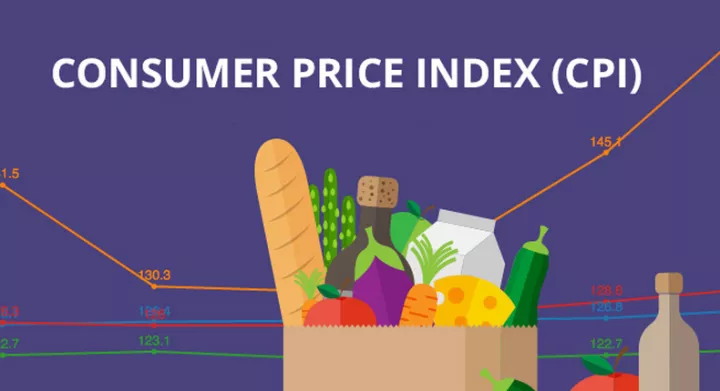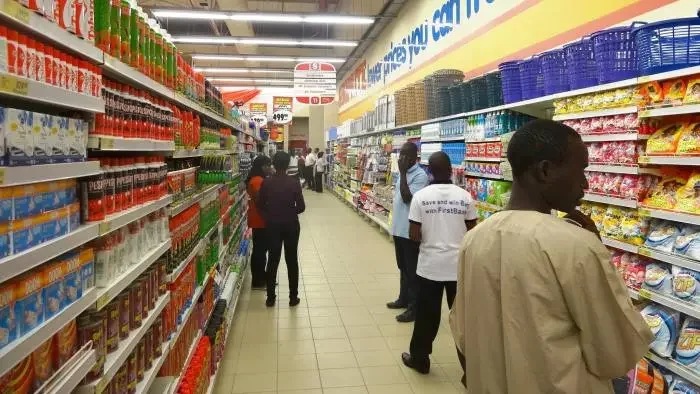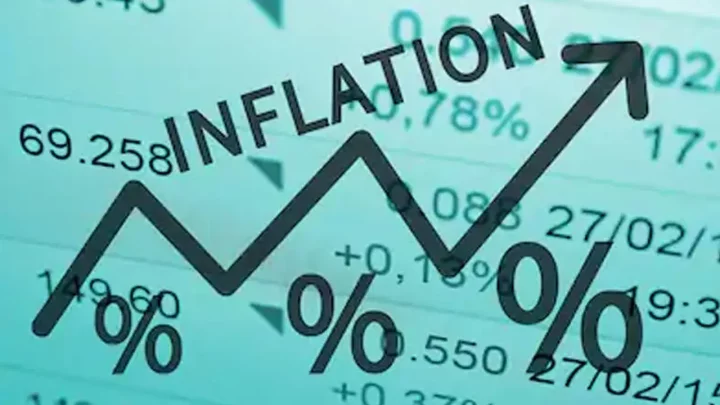
High consumer prices sometimes intensify inflationary pressures, especially in Africa, by devaluing savings and fixed incomes. Low-income workers and retirees who depend on fixed pensions are disproportionately impacted by high consumer prices, which reduces real income and exacerbates economic inequality in society. With Africa's economy still in its infancy, this poses a challenge for its nations.
According to the International Monetary Fund, "Consumer price indexes (CPIs) are index numbers that measure changes in the prices of goods and services purchased or otherwise acquired by households, which households use directly, or indirectly, to satisfy their own needs and wants."
Consequently, the stress that rising consumer prices place on people and households is the most obvious and direct impact on them.
As the prices of goods and services rise, the purchasing power of customers diminishes, leading to a decline in living standards.
Essential needs such as food, housing, and healthcare become more expensive, placing pressure on families to make difficult choices and potentially pushing vulnerable individuals deeper into poverty.
The recent World Economic Output report released in April by the International Monetary Fund titled "Steady but slow: Resilience amid divergence," disclosed the projected consumer prices of countries across the globe in 2024.
With that said here are the 10 African countries with the lowest price changes in household commodities.
| 1. | Seychelles | -0.2 |
| 2. | Mali | 1.0 |
| 3. | Djibouti | 1.9 |
| 4. | Cabo Verde | 2.0 |
| 5. | Comoros | 2.0 |
| 6. | Burkina Faso | 2.1 |
| 7. | Gabon | 2.1 |
| 8. | Morocco | 2.2 |
| 9. | Togo | 2.7 |
| 10. | Libya | 2.9 |


















Comments